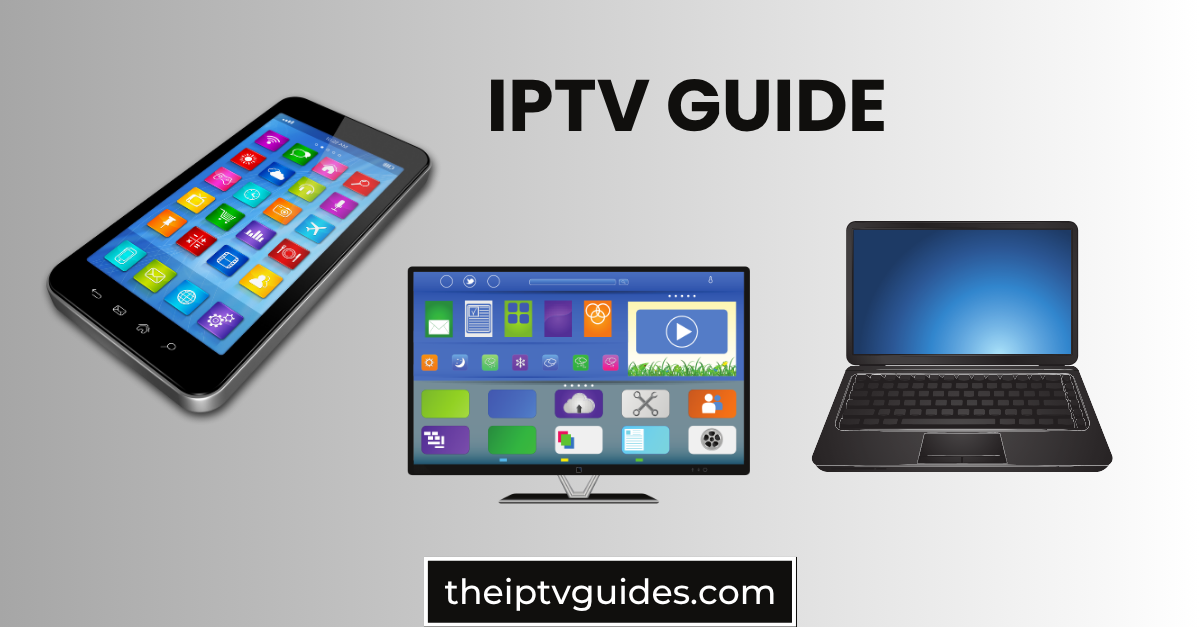In the digital age of 2025, television is no longer confined to satellite dishes and cable boxes. Internet Protocol Television (IPTV) has taken center stage, offering a flexible, cost-effective, and high-quality alternative to traditional TV.
IPTV delivers television content over the internet, enabling users to stream live channels, on-demand shows, and even recorded content without needing a satellite or cable connection.
This comprehensive guide will cover everything you need to know about IPTV in 2025—from what it is, how it works, its legal status, pros and cons, to the best IPTV providers and tips for using IPTV safely.

What is IPTV?
IPTV stands for Internet Protocol Television. Unlike traditional television formats that use satellite signals or cable networks, IPTV relies on your internet connection to deliver content.
There are three primary types of IPTV services:
- Live Television: Watching TV channels in real-time.
- Time-Shifted Media: Catching up on shows that were broadcast hours or days ago.
- Video on Demand (VOD): Choosing and watching video content whenever you want.
How IPTV Works
IPTV services use internet protocols to transmit video content to your device. Here’s how it works:
- The service provider stores TV channels and media on servers.
- When a user selects content, the IPTV server compresses and streams it over the internet.
- The user’s device decodes the content and plays it in real time.
To use IPTV, you need:
- A stable internet connection (at least 15 Mbps for HD, 25+ Mbps for 4K)
- A compatible device (Smart TV, Firestick, Android box, PC, smartphone, etc.)
- IPTV player app (like IPTV Smarters, TiviMate, or XCIPTV)
- A subscription from an IPTV provider (if not using free sources)
Devices Compatible with IPTV
- Smart TVs (Samsung, LG, Sony)
- Streaming Devices (Amazon Firestick, Roku, Apple TV)
- Android Boxes and TV Sticks
- Smartphones and Tablets (iOS & Android)
- Computers and Laptops (Windows, macOS)

Types of IPTV Services
1. Free IPTV Services
These are typically supported by ads or offered as public streams. However, they can be unreliable and often offer limited content.
2. Paid IPTV Services
These providers offer subscription-based services with hundreds to thousands of live channels, movies, TV shows, and premium content. They are more stable and offer better streaming quality.
3. IPTV Resellers
These are third parties who sell subscriptions on behalf of larger IPTV providers. They might offer local support or bundle services.
Legal Status of IPTV
The legality of IPTV depends on the provider and the content being streamed.
- Legal IPTV: Services that have licenses to stream their content, such as Hulu, YouTube TV, Sling TV.
- Illegal IPTV: Unlicensed services that offer copyrighted content without proper permissions.
Always use IPTV services that comply with local laws. Using illegal IPTV can result in fines, ISP bans, or legal action.
Top IPTV Providers in 2025
(Note: These are examples and not endorsements.)
- VUEStream: Offers over 2,000 HD channels, including sports and international content.

- Apollo Group TV: Known for its VOD and anti-freeze technology.

- Falcon IPTV: Affordable plans with 24/7 customer support.
- Typhoon Labs TV: Ideal for Firestick users, no buffering.

- IPTV Trends: High reliability and multi-device compatibility.
IPTV Player Apps
These apps are essential to access IPTV content. Some popular ones include:
- IPTV Smarters Pro
- TiviMate IPTV Player
- XCIPTV Player
- Perfect Player IPTV
- Smart IPTV (SIPTV)
These apps allow you to add M3U playlists or Xtream Codes to stream IPTV content.
IPTV vs. Traditional TV
| Feature | IPTV | Traditional TV |
|---|---|---|
| Accessibility | Anywhere with internet | Fixed to location |
| Cost | Usually cheaper | Often expensive |
| Channel Variety | Thousands of options | Limited to provider |
| On-Demand | Yes | Limited or none |
| Installation | Easy (no cables) | Requires hardware setup |
VPN and IPTV
Using a VPN (Virtual Private Network) with IPTV is highly recommended to:
- Mask your IP address
- Avoid ISP throttling
- Bypass geo-restrictions
- Enhance privacy and security
Top VPNs for IPTV in 2025:
- ExpressVPN
- NordVPN
- Surfshark
- CyberGhost

How to Choose the Right IPTV Service
When choosing an IPTV provider, consider:
- Channel selection: Do they have your desired content?
- Streaming quality: Look for HD and 4K streams.
- Device compatibility: Make sure it works on your preferred device.
- Customer support: Responsive support is a plus.
- Free trial/demo: Helps you test before buying.
- Price: Compare with similar services.
IPTV Setup Guide (Step-by-Step)
- Choose an IPTV provider and purchase a subscription.
- Install an IPTV app (like IPTV Smarters Pro) on your device.
- Enter your login details (M3U URL or Xtream Codes).
- Load the channel list and wait for syncing.
- Start streaming your favorite channels or VOD.
Common IPTV Issues and Fixes
| Problem | Solution |
| Buffering | Use a faster internet connection or a VPN |
| Channel not loading | Refresh playlist or restart app |
| App crashes | Clear cache or reinstall the app |
| Audio/Video out of sync | Change decoder settings in app |
IPTV Safety Tips
- Use a VPN at all times
- Avoid shady websites or free APKs
- Use antivirus software on devices
- Don’t share your IPTV login details
- Stay updated on IPTV laws in your region
Future of IPTV
In 2025 and beyond, IPTV is evolving rapidly with:
- AI-based content recommendations
- Cloud DVR features
- More legal providers entering the market
- Smart home integration
As internet speeds and smart device usage grow, IPTV will likely become the new standard for television.
Conclusion:
IPTV is transforming how we consume media in 2025. It offers flexibility, affordability, and an immense range of content. However, it’s crucial to use legitimate providers and secure your streaming setup with a VPN.
Whether you’re switching from cable, exploring new streaming options, or helping others understand IPTV, this guide serves as a one-stop resource.
Happy streaming!
Disclaimer: This guide is for educational purposes only. We do not host or promote illegal IPTV services.